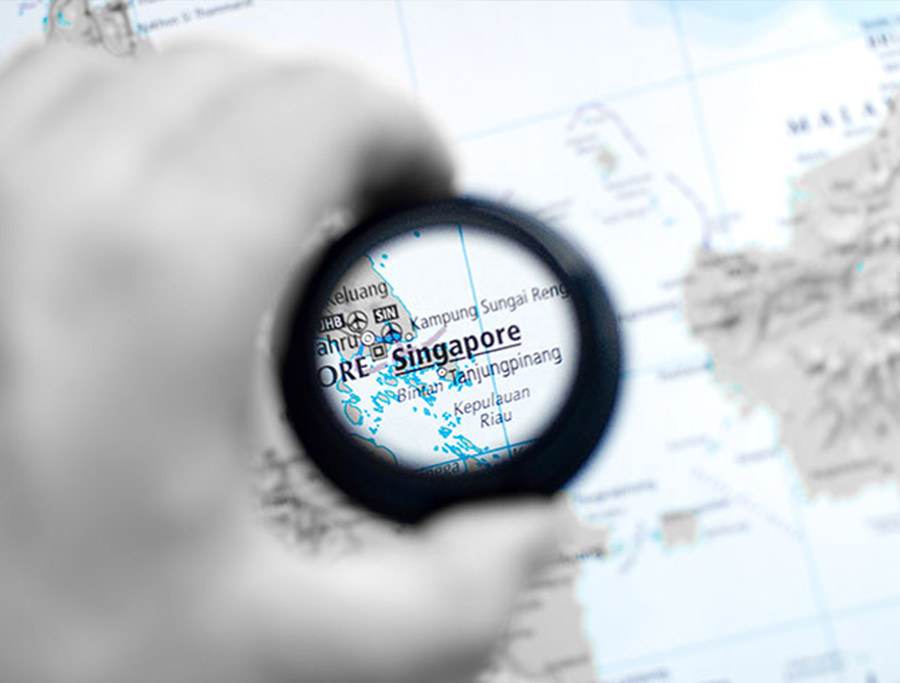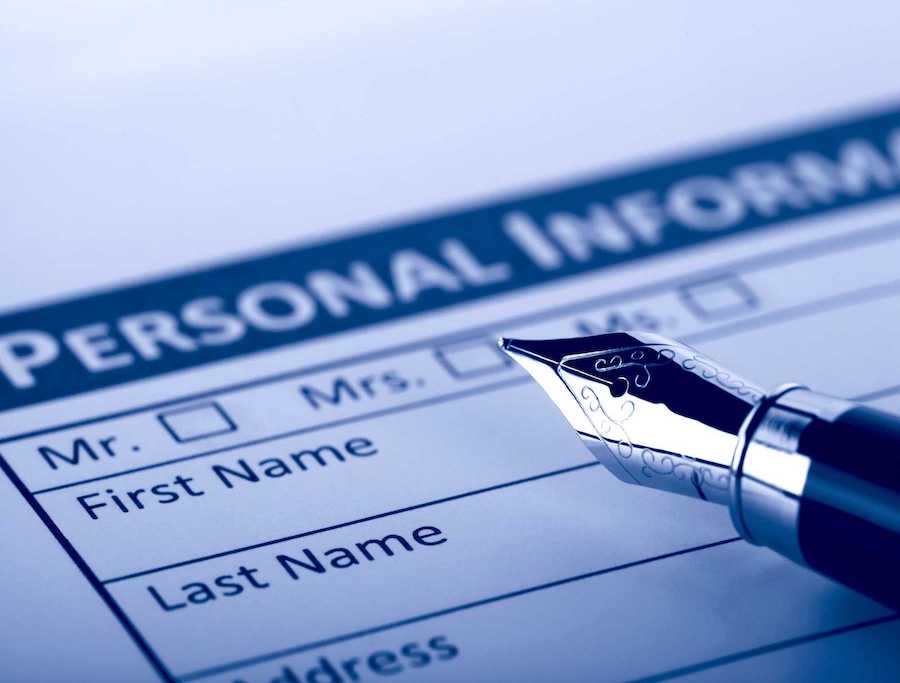Basic Features Of Trusts
We are an independent trustee and do not operate under any bank or organisation. Our team is comprised of highly qualified individuals that includes lawyers and accountants, who take pride in providing excellent service to clients
Basic Features Of Trusts
A trust is a relationship whereby a legal person (the trustee) holds property donated by a settlor (grantor in USA) for the benefit of third parties (the beneficiaries). Trust relationships arise frequently in day to day affairs and are common in almost all cultures and countries. The law relating to trusts has its origins in medieval England and has evolved over a period of several centuries to become one of the most effective tax and estate planning techniques available. Today, most jurisdictions based on the English common law system, such as the USA or Hong Kong, have extensive law relating to trusts. Jurisdictions based on a civil code system, such as France or Switzerland, generally recognise the legal basis of trusts.
The essence of a trust is the transfer of legal ownership of property to a third party and the clear communication of instructions for the use of proceeds from and disposal of the property. If instructions are not strictly followed, the trust may be held to be a sham and thus invalid from inception. However, there is a great deal of flexibility in the way that trusts can be structured and there are numerous safeguards available to protect the interests of all parties.
Three basic forms of trust:
The three main parties involved in a trust
Additionally, many trusts have a Guardian and/or a Protector appointed to monitor the activities of the trustees and to ensure that the settlor's intentions are being followed. The protector usually has the power to change trustees.
The most important document in settling a trust is the Deed of Trust. This is the blueprint for the trust and must be carefully drafted. The language must be unambiguous since it will be referred to for many years. A Memorandum of Wishes is also often drafted by the settlor to indicate in a discretionary trust how the trustees should service the beneficiaries. Finally, there needs to be a transfer of legal ownership of the property to establish the trust. This should be fully documented to show that a change of ownership has in fact taken place.
All types of property may be held under trust including cash and bank balances, securities, personal and real property and shares in private companies. If personal property such as works of art, jewellery or furniture are being settled into a trust, it would be important to inventory and tag and identify these items. Ownership of the property rests with the trustees at all times, but use and day to day control may be delegated to others.
The trust itself has no legal identity (except in the USA). Rather it establishes a relationship between the trustee and the beneficiaries. The trustee has a strong fiduciary duty towards the beneficiaries.
An important class of trust is the charitable trust where the beneficiaries are generally unrelated to the settlor and the reason for setting up the trust is altruistic in nature. In many countries charitable trusts are treated favourably for tax purposes and are therefore not often set up offshore.
An Offshore Trust may be defined simply as a trust established in a jurisdiction different from the domicile of the settlor. However, it is generally taken to be a trust established in one of the offshore trusts jurisdictions like Belize, BVI, Cayman Islands, Cook Islands, and Jersey to name a few. Offshore based trusts are proven vehicles for establishing the legitimate ownership of both offshore and onshore assets. They are particularly useful in regulating the succession to family wealth. In most developed countries the taxation of trusts has become extremely complex due to their ability to be used for favourable tax planning. In general and depending upon the domicile of the settlor and beneficiaries, offshore trusts enable income and gains to be accumulated with minimal local taxation.
Over the centuries, English trust law has evolved some basic rules regarding the conduct of trusts including:
A trust must have a limited (though possibly very long) life.
The settlor cannot be a beneficiary of the trust.
Settlement of property into the trust is irrevocable.
Trusts cannot be used to defraud creditors. In recent years, many of the offshore jurisdictions have enacted legislation to ameliorate the first three of these provisions and to place time limits on a creditor’s ability to prove fraud in transferring legal ownership of property to a trust.
Trustees are subject to strict legal constraints on the way they handle their responsibilities. They must show a duty of care, utmost good faith and exercise professional diligence in administering the trust for the benefit of the beneficiaries. They are also responsible for managing the investments and cash held by the trust and tend to be conservative in approach to ensure preservation of the capital base of the trust.
Trustees are generally free to engage other professionals such as investment managers to assist them. Trustees are also able to take their remuneration from the trust property held by them. In general, such remuneration is based on the value of assets held, subject to a minimum annual fee, and is often detailed in the trust deed.
Basic Features Of Trusts
A trust is a relationship whereby a legal person (the trustee) holds property donated by a settlor (grantor in USA) for th...
Hong Kong Trusts
Hong Kong has a modern and competitive trust law on par with the standards of other major trust jurisdictions such as UK, ...
The Benefits Of Offshore Trusts
The use of an offshore trust can produce many substantial benefits. As always, proper professional advice needs to be tak...
Control and Protection Issues
The essence of a trust lies in the transfer of legal ownership of property from a settlor to the trustees. How can the set...
Investment Issues
The discretionary investment of trust assets is probably the single greatest area of difficulty for trustees. As noted, tr...
Professional Advisers
The advice of an experienced professional in the country of residence/citizenship of the settlor should always be sought b...
Zetland's Approach To Trust Administration
Zetland’s approach to trust administration may be summed up in just two words: devotion and objectivity. Devotion sinc...
Cost And Fees
Zetland charges trust fees on the following basis and does not generally charge fees as a percentage of assets under manag...
Glossary Of Trust Terminology
Asset Protection Trust - an offshore trust whose main object is the protection of a settlor’s property from future attack ...
GUIDES
Guide to Doing Business in China
Guide to Hong Kong Companies
Guide to Singapore Business Structures
Hong Kong New Limited Partnership Fund Law
Zetland\’s Personal Information Log (“PIL”)
Guide to Doing Business In UAE
Other Zetland Guides and Info Sheets available on request: Asset Protection; Belize Companies & Trusts; Belize International Foundations; Foundations; Hong Kong Trusts; Hong Kong Visas; Effective Offshore Operations; Seychelles; Mauritius; Singapore Residency; Trusts; Wills and Probate in Hong Kong; Offshore RMB and info sheet on Hong Kong company ongoing obligations.





















 Zetland Services
Zetland Services